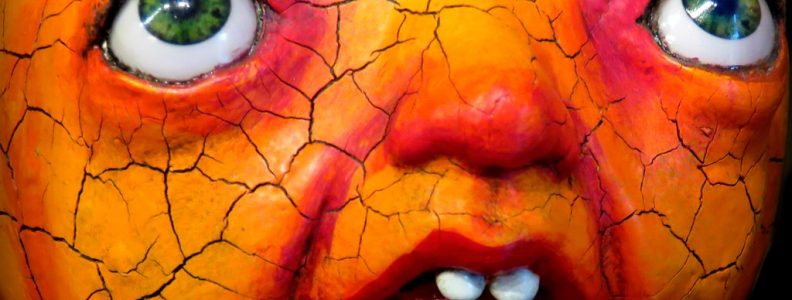Inventing characters, their motivations and their development in a world that is futuristic takes a bit of thought. As some famous non-science fiction authors have shown when they turn their hand to the genre it takes more than a few bits of wizzy technology and a simple twist of history to create a believable story.
So, it’s always a pleasure to come across new techniques for creating and developing characters and worlds. But, that’s only one of the reasons I enjoyed the “bentoism” of Kickstarter co-founder Yancey Strickler. It’s also a good way of getting perspective on life and its many complex choices.
What is it? Well, in essence you weigh up the pluses and minuses of a decision for the now you, the now us, the future you and the future us.
There’s more about it on the bentoism website and you can hear him being interviewed on the Futures Podcast.
photo credit: Bennilover “Halloween and Vergie’s pumpkins, weird and wonderful and very, very creepy” via photopin (license)



